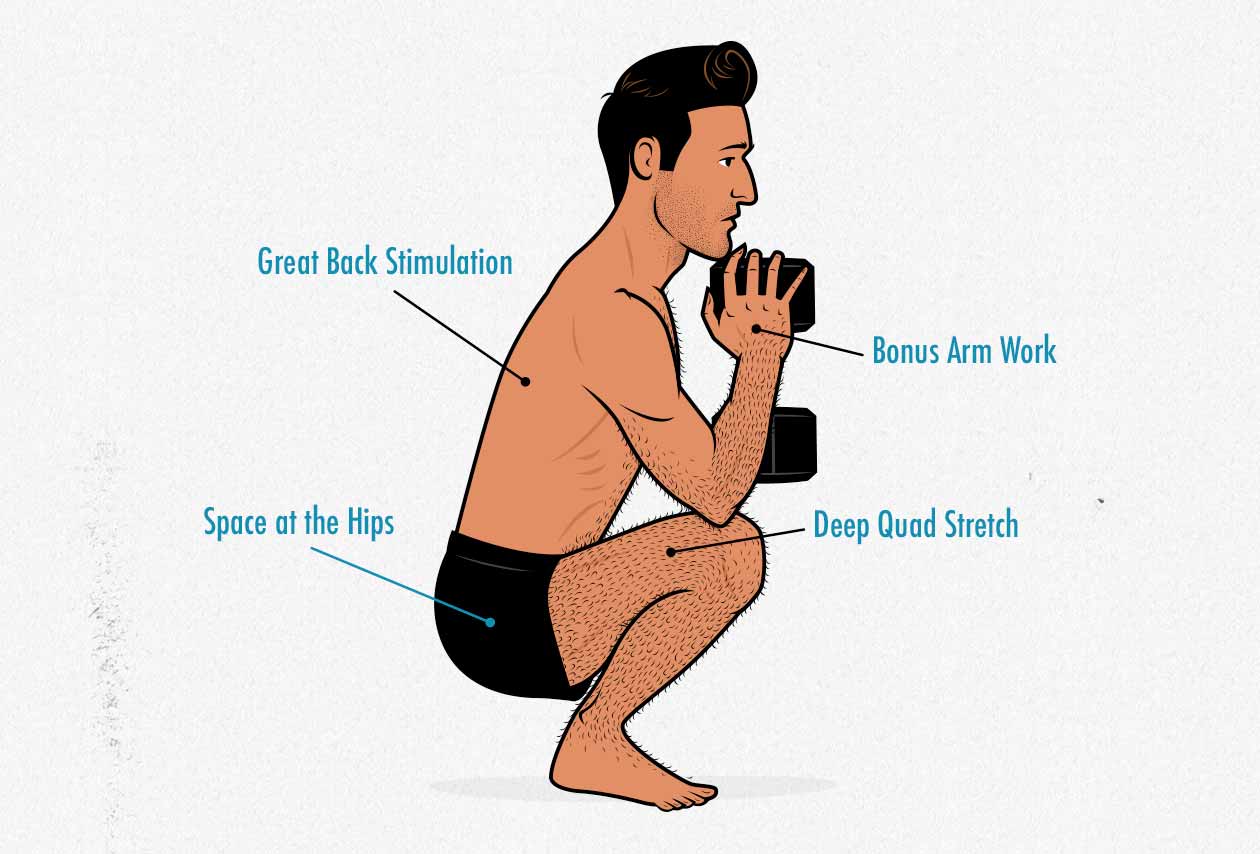:max_bytes(150000):strip_icc()/morning-after-sex-400x400-5abc7c9ab35940eab22f9591613bb275.jpg)
:max_bytes(150000):strip_icc()/morning-after-sex-400x400-5abc7c9ab35940eab22f9591613bb275.jpg)
Exploring the Critical Health Risks of Unprotected Sex
Engaging in unprotected sex comes with various health risks that extend beyond the immediate consequences. Understanding these risks is crucial for making informed decisions about sexual health. In this article, we delve into the potential dangers associated with unprotected sex and the importance of taking protective measures.
Sexually Transmitted Infections (STIs): A Pervasive Threat
One of the primary health risks of unprotected sex is the transmission of sexually transmitted infections (STIs). Without the use of barrier methods such as condoms, individuals are at a heightened risk of contracting infections such as chlamydia, gonorrhea, syphilis, and HIV. Regular testing and the consistent use of protection are essential for preventing the spread of STIs.
Unplanned Pregnancies: The Consequence of Unprotected Sex
For individuals not seeking pregnancy, engaging in unprotected sex poses the risk of unplanned pregnancies. Without contraception, the likelihood of conception increases significantly. Unintended pregnancies can have profound emotional, financial, and social implications, underscoring the importance of using reliable birth control methods.
Psychological and Emotional Impact
Unprotected sex can lead to psychological and emotional consequences, especially in situations involving casual or non-consensual encounters. Concerns about pregnancy, STIs, or the fear of potential repercussions can contribute to heightened stress, anxiety, and emotional distress. Open communication and understanding between partners are essential for navigating these potential challenges.
Fertility Implications for Future Plans
For individuals considering future family planning, unprotected sex may impact fertility. Certain STIs, if left untreated, can lead to reproductive health issues such as infertility. Protecting oneself and one’s partner through safe practices becomes crucial, not only for current well-being but also for future family planning goals.
Health Disparities and Access to Healthcare
The risks associated with unprotected sex are often exacerbated by health disparities and limited access to healthcare resources. Vulnerable populations may face challenges in obtaining regular sexual health check-ups, contraception, and STI testing. Addressing these disparities is essential for ensuring comprehensive sexual health education and services for all.
Communication and Consent: Key Components of Safe Practices
Engaging in open and honest communication with sexual partners is vital for establishing consent and ensuring a shared commitment to safe practices. Discussing contraceptive methods, sexual health histories, and boundaries helps create a safer and more respectful environment, reducing the risks associated with unprotected sex.
Educational Initiatives: Empowering Individuals with Knowledge
Promoting sexual health education is crucial for empowering individuals to make informed decisions about their bodies. Comprehensive education covers the importance of protection, contraception methods, and the consequences of unprotected sex. Accessible and inclusive sexual health education is a fundamental component of a society that values the well-being of its members.
Community Support and Resources
Communities play a pivotal role in supporting individuals in making healthier choices regarding sexual health. Access to resources, clinics, and support services can enhance awareness and facilitate regular check-ups and screenings. Community-driven initiatives contribute to creating an environment where sexual health is prioritized and accessible to all.
Taking Charge of Your Sexual Health: Resources and Tools
Acknowledging the risks associated with unprotected sex is the first step toward taking charge of one’s sexual health. Utilizing available resources, such as sexual health clinics, educational materials, and reliable contraceptives, empowers individuals to make choices that align with their values and priorities. Prioritizing regular sexual health check-ups is a proactive approach to overall well-being.
Conclusion: A Call for Informed Decision-Making
In conclusion, understanding the health risks of unprotected sex is essential for promoting individual and public health. Through comprehensive sexual health education, accessible resources, and open communication, individuals can make informed decisions that prioritize their well-being. By fostering a culture of awareness and responsibility, we contribute to creating a society where sexual health is valued, protected, and respected.
Learn more about Unprotected sex health risks at acnerimedi.net.


